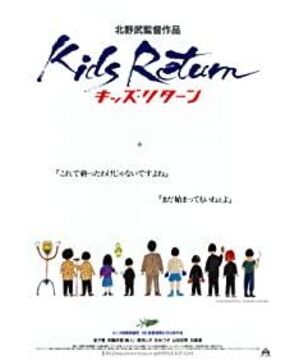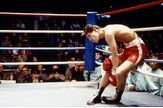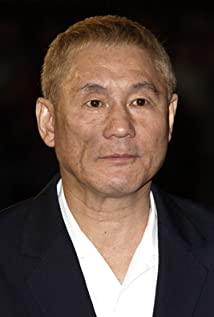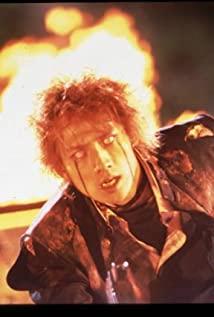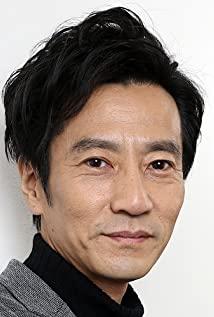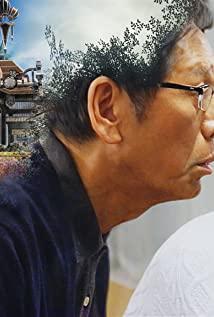Soon after the movie started, it became clear to me that this movie was never going to disappoint. This time, the director's narration is as simple and plain as always, and the color of the picture is also very low-key and true. The film recounts the developmental experiences of several groups of high school students. None of these high school students were top students, and they all took different paths. Different characters have different personalities and ultimately different fates, and their stories complement each other very well. By telling different characters, the director also completed a multi-angle preaching. Most likely deliberately, all the characters in this play seem to live in the bottom of society or the underworld, and no one has stepped out of this class. All the shots are also in the suburbs of the dilapidated city, and there are even few sunny days. The framing of this arrangement may also be to imply the poor mobility at the bottom of Japanese society.
I love scenes that repeatedly describe the things that each character experiences every day in their lives. Seemingly unrefined, these shots consistently reflect the long and bewildering adolescence through repetitive scenes. Many of them have stories, and at the end of the movie there was a comedy show where two classmates performed an exaggerated drama in an empty theater. What I thought was that even though they had gone through so much , but he still cares so much about what others think of him. It seems that his life is a stage for others to watch.
For the roles of the two protagonists, I think there are several plot nodes. The first is the meeting between Ah Sheng and Shinji at the beginning of the movie. This scene should have happened very later in time, but was dropped at the beginning. Asheng asked whether Shinji was still boxing, and Shinji said he quit. And then forced to ride a bike with him. This scene of the two people's reunion after the setback is self-deprecating. Then, when Shinji's boxing talent was gradually revealed, Ah Sheng came to him and said that they would see each other when they parted, but it was when Shinji won the championship and Ah Sheng became the boss. It can be seen that they are all smug at this time. In the end, Shinji carried Ah Sheng on his bicycle again. He asked, "Are we finished?" Ah Sheng smiled and said, "We have just started." The movie came to an abrupt end. Given such an ending on the overall sad tone, although I don't know how sincere Ah Sheng is, it also gives a glimmer of hope. And this scene arranges the questioning of Shinji who has no opinion, and the answer of Ah Sheng who dares to speak is also very reasonable. When telling the story of the protagonist, the stories of several other people who had a similar experience with the protagonist were interspersed. Although these narrations are not the main line, I think the director deliberately used the sinking of those people to imply that the protagonist will eventually be frustrated, which is quite the concept of clinging to fate in Japanese culture.
Finally, let's talk about the soundtrack by Joe Hisaishi. I think his soundtrack here is the best I've ever heard of his, better than "Kijiro's Summer", better than "Spirited Away", better than "Castle in the Sky". His soundtrack is always very pleasant, but when combined with the plot, it makes people feel even more wonderful. The rhythm of the soundtrack here is also very brisk, but there is a certain stagnation in the tune. This kind of stagnation brings out the rebelliousness, tension, confusion, helplessness, yearning for ideals, and the lingering pain in the heart after encountering great setbacks in adolescence. Joy is mixed with sadness, and the happy surface is full of sadness. apprehensive. This level is too high.
So what exactly does this movie tell us? Nothing more than some clichés for teenagers. I feel that for teenage children walking at the crossroads of youth, discerning right from wrong is a priority. With a firm moral law in your heart, there will always be a bright starry sky above your head to guide you. Life is long, and it is inevitable that there will be winners and losers, joys and sorrows. But no matter what they do, people who follow their inner principles can at least have a clear conscience. I think this is the most basic and most important.
View more about Kids Return reviews


